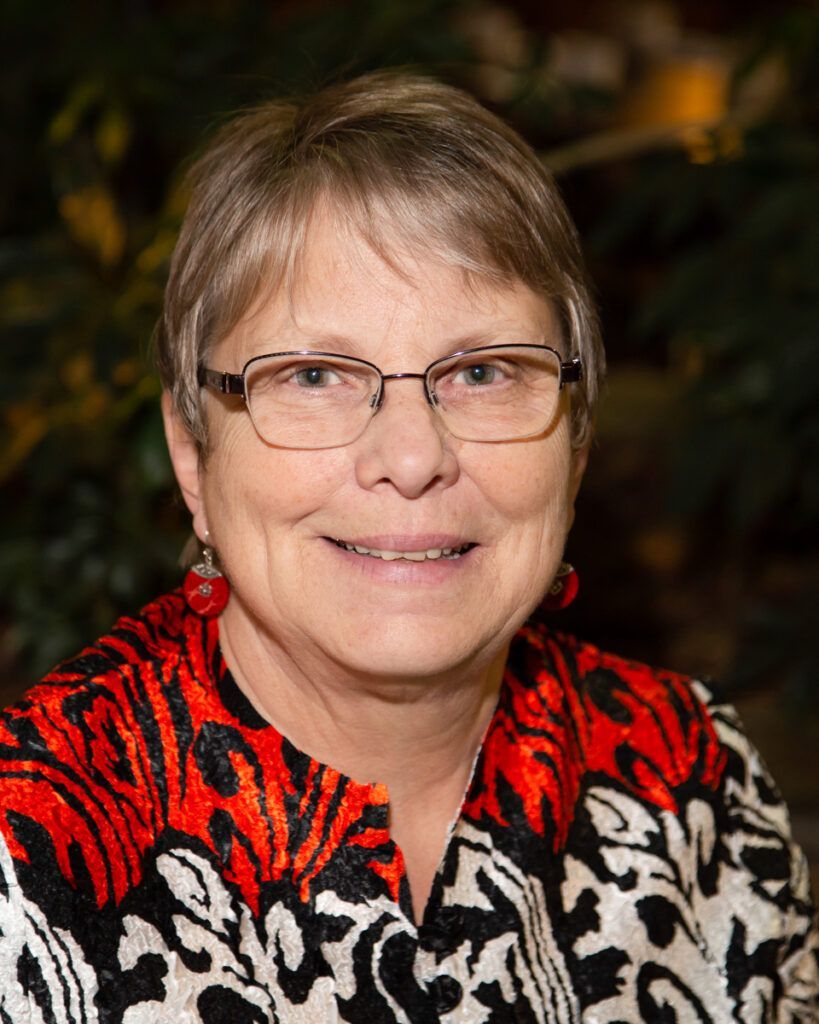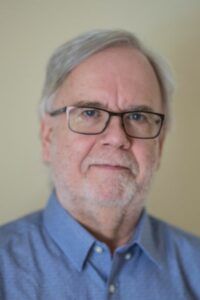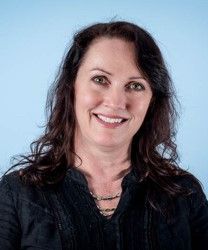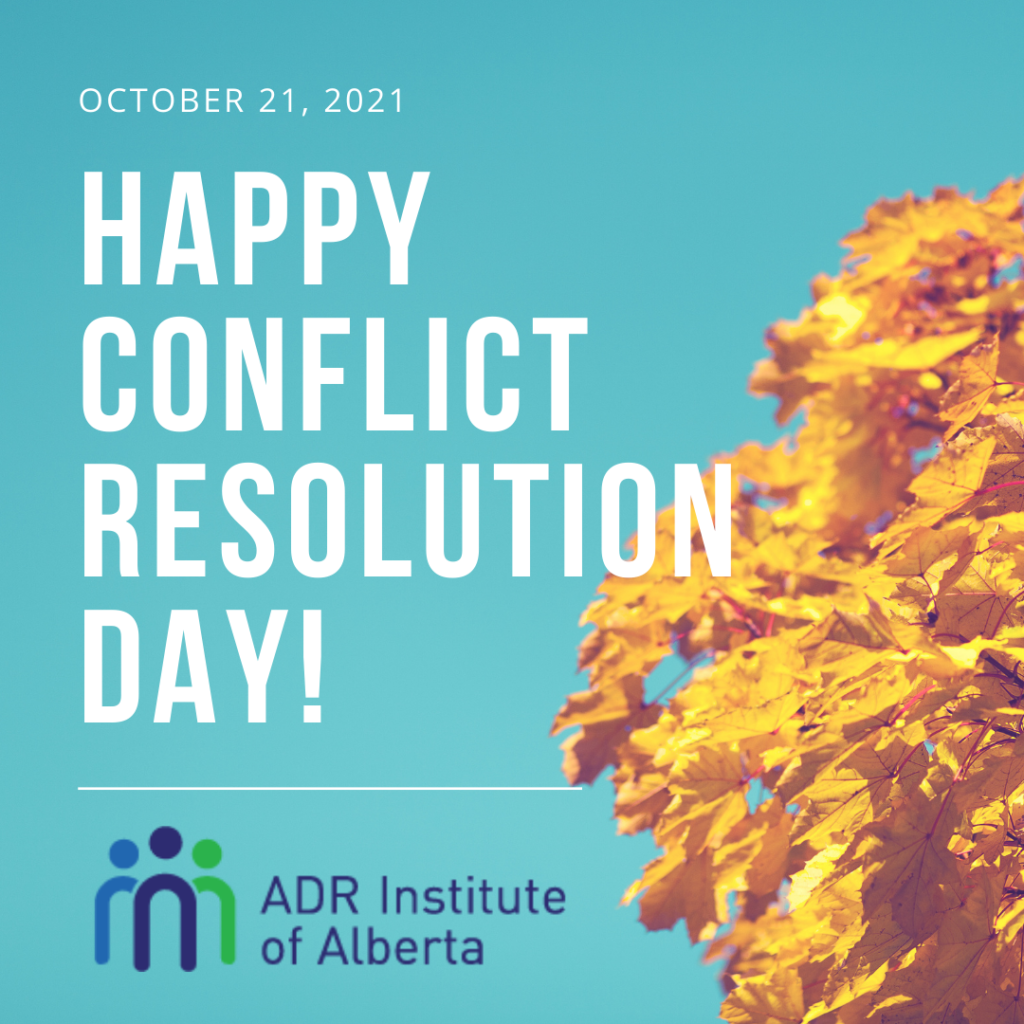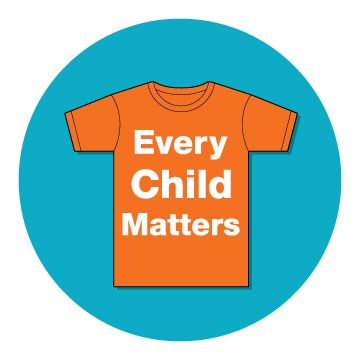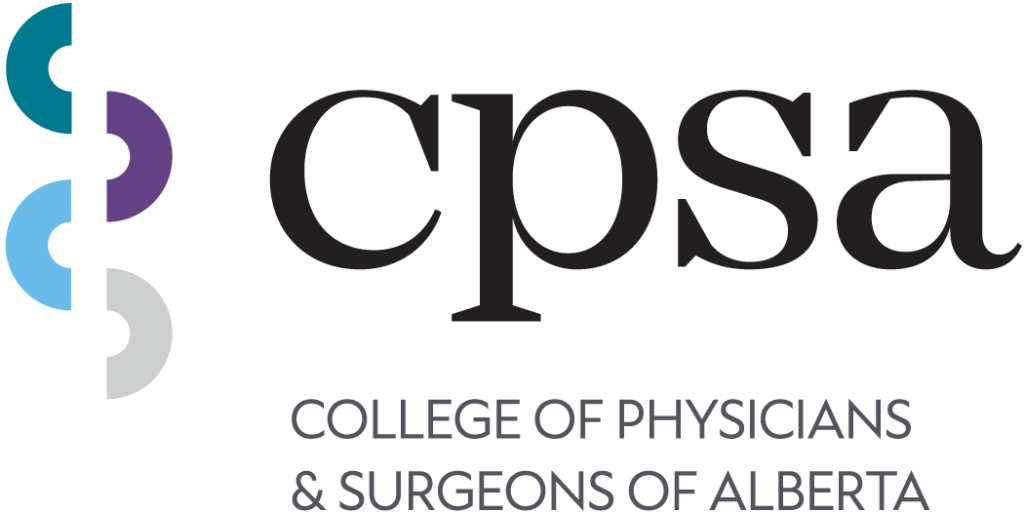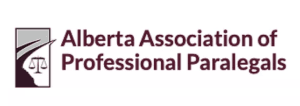ADRIA is seeking office and training partners
If you are a private professional, or work with another business or non-profit, ADRIA is looking to share its Mill Woods facilities over the next leasing period.
ADRIA can offer office space and shared training rooms, meeting rooms, coffee rooms and more. Shared administrative, reception, IT and photocopier support are also possible. 500 to 5000 square feet are available, walking distance from the new Valley Line LRT. The office tower is attached to a shopping mall and food court, offering abundant free parking.
If you are interested in knowing more about this opportunity, or know of any interested organization or business, please contact ADRIA’s Executive Director at paul@adralberta.com.


